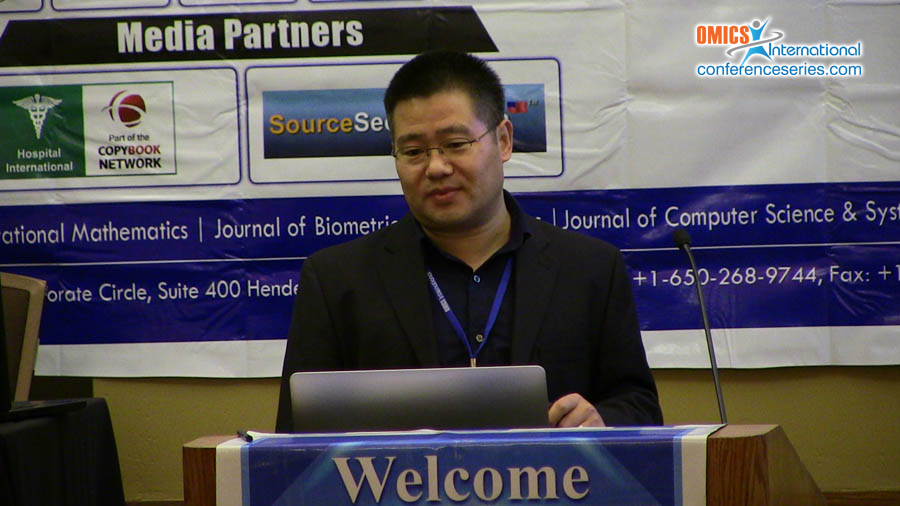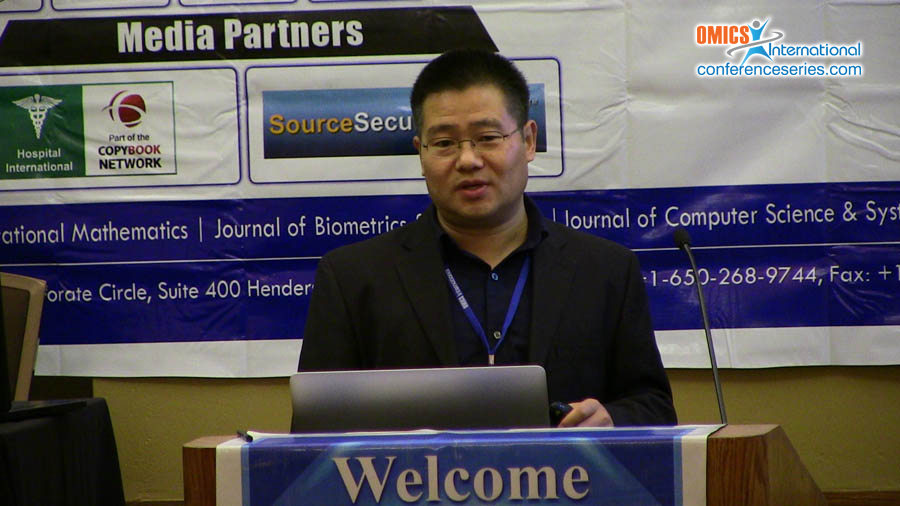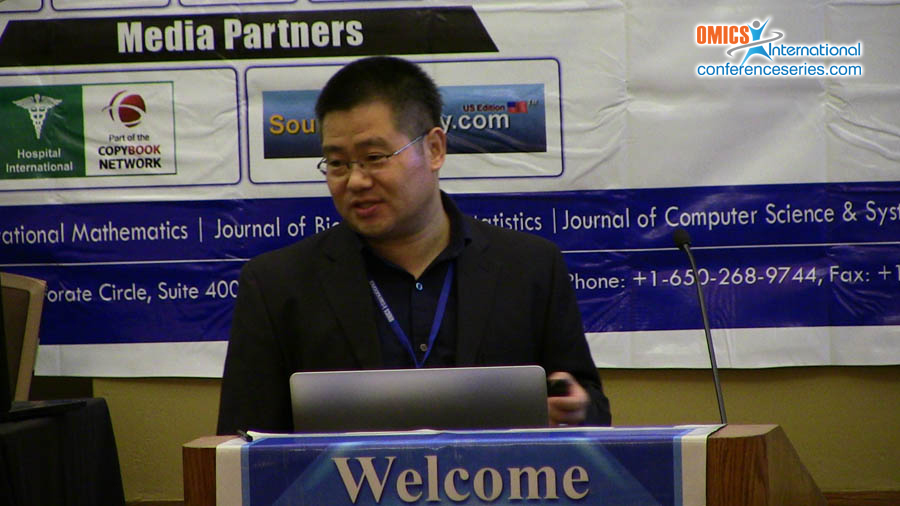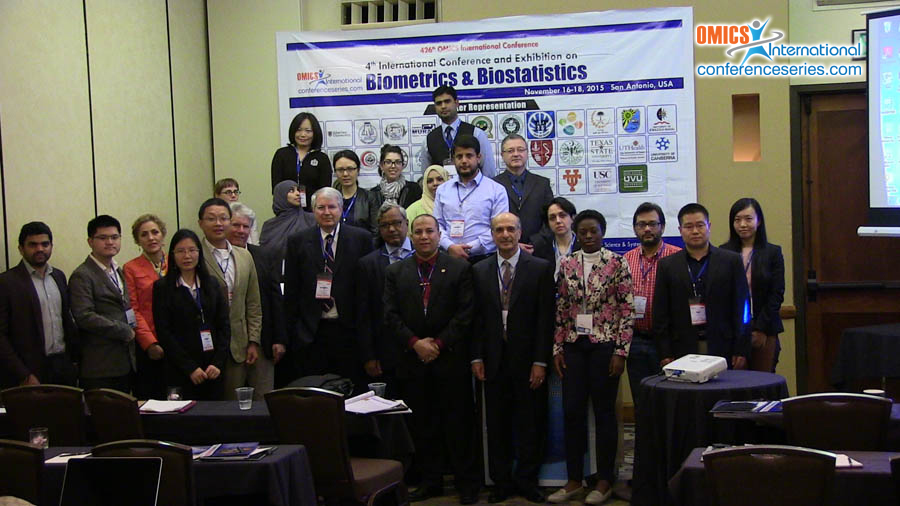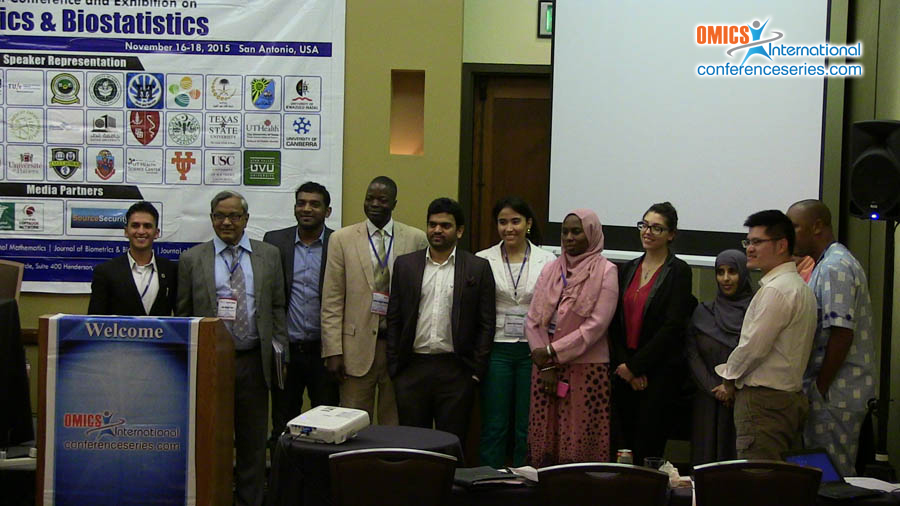
Xing Li
Mayo Clinic
USA
Title: Workshop on Rcircle: A gene-oriented R package for integrating multiple ‘-omics’ data to prioritize disease related hub genes and network
Biography
Biography: Xing Li
Abstract
Biomedical Science has entered the big data era and biologists today have access to an overwhelming abundance of data due to the rapid advancement of high-throughput technology in sequencing and microarray during last decade. The tremendous volume, high dimensions and different types of data pose an unprecedented challenge on data visualization and integration for efficient data exploration and effective scientific communication. Herein, we developed an extendable gene-oriented R package to integrate and visualize interactome (especially for gene interaction networks with large number of nodes), time-course transcriptome data (especially for transcriptional data with more than three time points up to dozens of stages), disease related genetic factors, and disease affected pathways/networks to facilitate the gene prioritization and knowledge discovery. This gene-oriented R package is powerful for visualizing and integrating multiple ‘-omics’ data to prioritize actionable genes and facilitate biomedical knowledge discovery. Package is freely available on R website. One paper with the application of Rcircle package in human Dilated Cardiomyopathy study is featured as cover story on the Journal of Human Molecular Genetics and another paper is recommended as featured article by the Editor of Physiological Genomics. In this workshop, I will demonstrate the usage of this package in prioritizing disease-related genes in Congenital Heart Defects by integrating time-course transcriptome data, interactome data (gene interaction information), disease information, and involved pathway function groups, etc. In addition, the package is flexible to integrate other types of ‘–omics’ data as well, including whole genome sequencing, exome-seq, etc.

